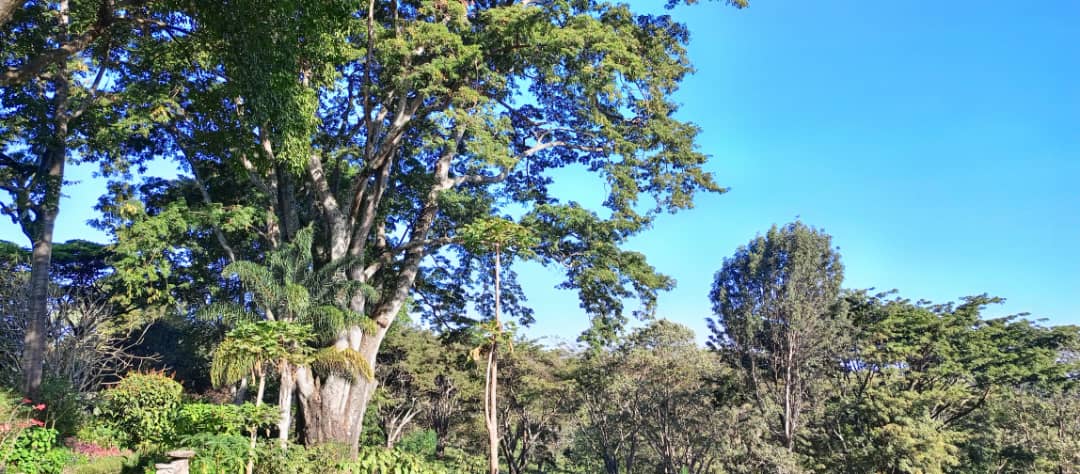1.0 Background to the Project Area
The Hadza indigenous communities reside in the Eyasi Basin, spanning Mbulu and Karatu Districts in the Central Rift Valley and the neighboring Serengeti Plateau in North-Central Tanzania. With a population of less than 1,200 people, the Hadza traditionally led a hunter-gatherer lifestyle, dwelling in temporary thatched huts. Approximately 300 to 400 Hadza still maintain a pure nomadic existence, albeit facing numerous constraints. While their traditional way of life used to involve highly migratory patterns within the Eyasi Basin, more Hadza have shifted towards a semi-nomadic lifestyle, engaging in farming, beekeeping, raising chickens, and crafting traditional art for sale to tourists. Grass shelters have been constructed, indicating a shift towards a more settled semi-nomadic life.
Previously, the migratory lifestyle meant the Hadza did not acquire land rights. However, as more settle into sedentary farming, they are obtaining land rights through these settlements. Nevertheless, many families encounter significant challenges, including: (a) insufficient income to support their livelihood, (b) inadequate shelter from the elements, including latrines, and the resultant consequences of lacking these basics, and (c) a high level of illiteracy.
Addressing these fundamental needs would not only enhance their livelihoods but also alleviate the consequences of their current circumstances:
- Illiteracy due to limited access to quality education.
- High mortality rates due to a lack of proper healthcare facilities for immunization, treatment, and maternal and child health.
- Insufficient sustainable income-generating activities in the remote areas they inhabit.
An integrated development strategy is envisioned to establish:
- A modal school emphasizing STEM subjects and cultural bridging studies.
- Empowering the Hadza community with new livelihood sources such as modern beekeeping, poultry keeping, and agro- ecology farming.
- Improved rural low-cost housing and sanitation facilities, particularly ventilated improved pit latrines.
- Implementation of improved, technologically appropriate, affordable, and easy-to-maintain water facilities.
- Construction of a village health center staffed by Hadza volunteers.
- Continuous capacity-building meetings/workshops, monitoring, and evaluation of the projects.
A recent interview with some Hadza members revealed their awareness that settling on their land is crucial for their future, as it might otherwise be taken away by others, including foreign investors.
The primary goal of this project proposal is to facilitate the transformation of various Hadza communities into a sedentary, productive, environmentally protective sustainable economy. This transformation aims to provide them with a better chance of survival amid the current economic challenges and global competition, coupled with the impacts of climate change.
This project is designed for sustainability, involving the targeted community. A diverse group of the Hadza tribal community, including men, women, tribal leaders, and youth (girls and boys), will participate in setting priorities, preparing short and long-term development plans, and implementing activities and strategies for achieving sustainable development with gender equality across Hadza communities.

